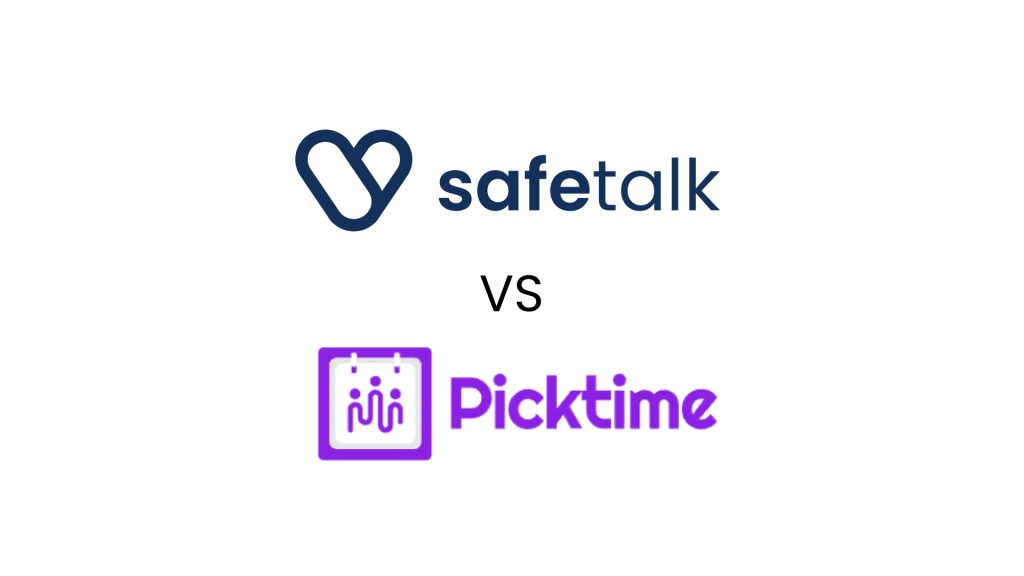Being a therapist gives you a deep sense of fulfillment and purpose from helping others heal and grow, but the nature of the work also comes with it’s own challenges. As a therapists, you are constantly exposed to your clients’ pain and trauma while being expected to stay composed, which can take a toll over time. Without proper self-care and boundaries, this emotional weight can easily leave you feeling drained and disconnected from your own well-being.

Work-Life Balance For Therapists
For therapists, finding balance is essential not only for personal well-being but also for the quality of care provided to clients. A balanced life gives you the space to enjoy personal time, nurture relationships, and pursue hobbies that bring fulfillment and contribute to a higher quality of life. It allows you to recharge and maintain a positive outlook.
More importantly, a balanced life plays an important role in preventing burnout. Burnout does not only affect your own well-being but can also have detrimental effects on the quality of care you provide. By keeping a healthy balance, you can lower the risk of burnout and continue to provide the best quality of care to your clients.
Remember: taking care of yourself is also a way of taking care of your clients.
3 Practical Tips for Achieving Work-Life Balance as a Therapist
Tip #1: Separate Work and Personal Phone Number
One of the simplest ways to set boundaries is by separating your work and personal communication channels. Having a dedicated work number helps you disconnect at the end of the day and resist the urge to check messages outside of work hours
Tip #2: Simplify Your Work with the Modern Tools
Administrative tasks can add unnecessary stress to your workload. Consider using digital tools like SafeTalk, which help you automate appointments, billing, and documentation. You can spend less time on admin work and more time focusing on your personal well-being
Tip #3: Schedule Breaks and Downtime
Just as you encourage your clients to rest and recover, you deserve the same treatment. Block out time in your calendar for short breaks during the day and longer periods of rest each week
As a therapist, achieving work-life balance is vital for your well-being and career longevity. Investing in tools to simplify your workflow helps reduce the stress of administrative work and can make your life easier in your professional journey.





